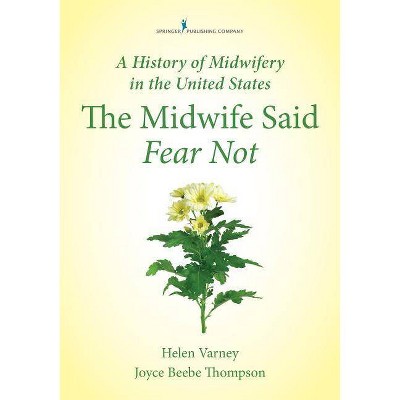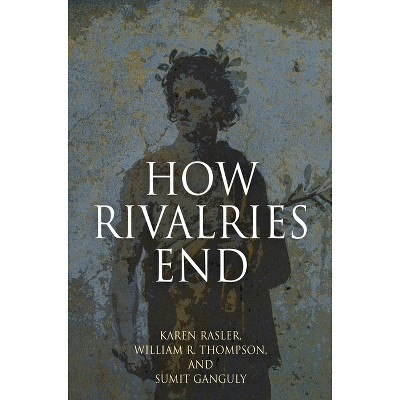Ingenuous Subjection - by Helen Thompson (Hardcover)

About this item
Highlights
- Helen Thompson's Ingenuous Subjection offers a new feminist history of the eighteenth-century domestic novel.
- About the Author: Helen Thompson is a member of the Department of English at Northwestern University.
- 288 Pages
- Literary Criticism, European
Description
About the Book
The first study to treat feminine compliance as something other than a passive, politically neutral exercise, Ingenuous SubjectionHelen Thompson recovers in this practice the domestic novel's critical engagement with the limits of Enlightenment modernity.Book Synopsis
Helen Thompson's Ingenuous Subjection offers a new feminist history of the eighteenth-century domestic novel. By reading social contract theory alongside representations of the domestic sphere by authors such as Mary Astell, Mary Davys, Samuel Richardson, Eliza Haywood, and Frances Sheridan, Thompson shows how these writers confront women's paradoxical status as both contractual agents and naturally subject wives. Over the long eighteenth century, Thompson argues, domestic novelists appropriated the standard of political modernity advanced by John Locke and others as a citizen's free or "ingenuous" assent to the law. The domestic novel figures feminine political difference not as women's deviation from an abstract universal but rather as their failure freely or ingenuously to submit to the power retained by Enlightenment husbands.
Ingenuous Subjection claims domestic novelists as vital participants in Enlightenment political discourse. By tracing the political, philosophical, and generic significance of feminine compliance, this book revises our literary historical account of the rise of the novel. Rather than imagining a realm of harmonious sentiment, domestic fiction represents the persistent arbitrariness of eighteenth-century men's conjugal power. Ingenuous Subjection revises feminist theory and historiography, locating the genealogy of feminism in a contractual model of ingenuous assent which challenges the legitimacy of masculine conjugal government. The first study to treat feminine compliance as something other than a passive, politically neutral exercise, Ingenuous Subjection recovers in this practice the domestic novel's critical engagement with the limits of Enlightenment modernity.
Review Quotes
"Helen Thompson's brilliant and persuasive new study makes clear that domestic fiction can best be seen as a theoretical battleground, where the debate about the political philosophy of personal agency, and women's paradoxical place within it, is staged and restaged throughout the long eighteenth century."-- "Cora Kaplan, University of Southampton"
"Thompson has written a significant, much-needed book that has the potential to re-energize the study of eighteenth-century British novels, fiction by women writers especially."-- "Deidre Lynch, Indiana University"
About the Author
Helen Thompson is a member of the Department of English at Northwestern University.Shipping details
Return details
Trending Poetry











